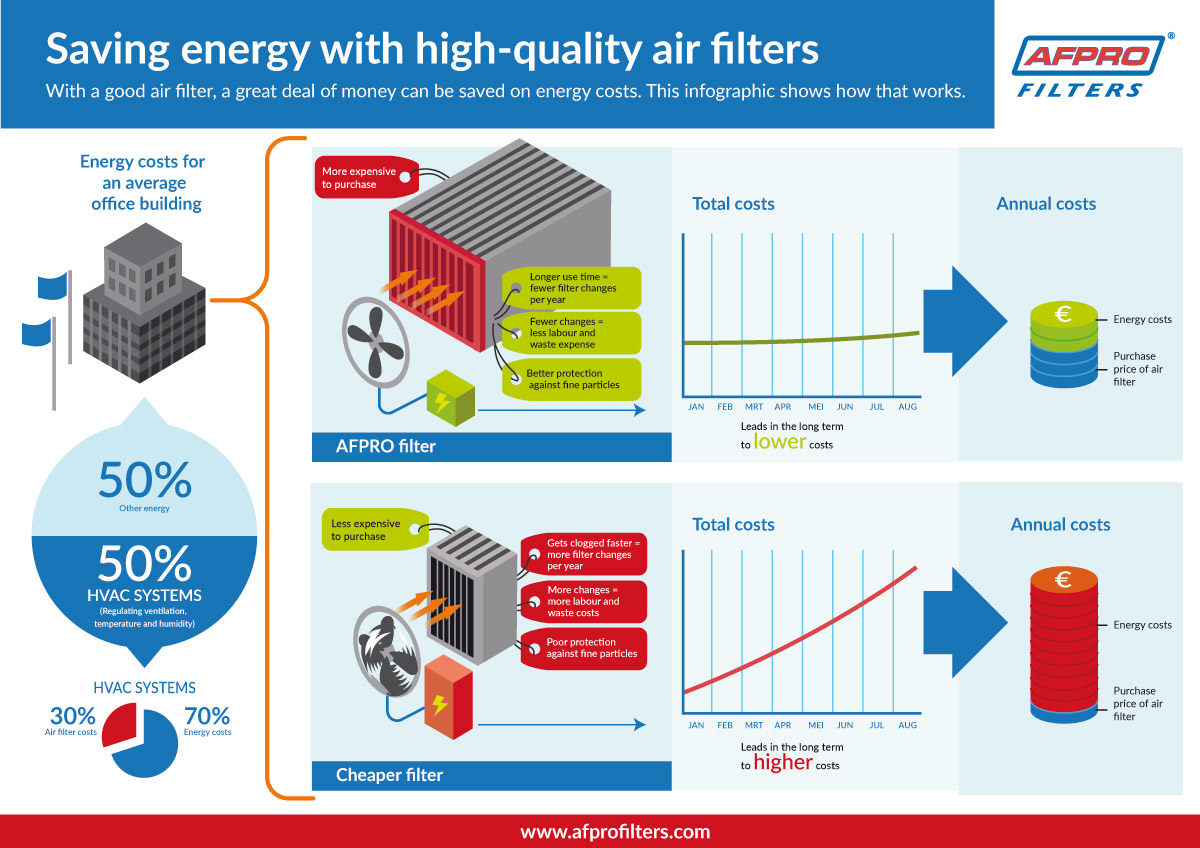Analyzing Weather'S Role In Heat Pump Effectiveness And Recommendations For Optimization
Analyzing Weather'S Role In Heat Pump Effectiveness And Recommendations For Optimization
Blog Article
Web Content Create By-Horowitz McDougall
When it pertains to your heatpump, climate plays a critical function in its efficiency. From freezing temperatures to sweltering heat, each aspect can affect just how successfully your system operates. But what can you do to combat these weather-related challenges and guarantee your heatpump is working at its finest? Remain tuned to uncover sensible pointers and approaches to enhance your heat pump's efficiency, no matter the weather it encounters.
Weather Elements Impacting Heatpump Effectiveness
Weather aspects have a significant effect on the performance of heatpump. One important factor is temperature. Heat pumps work by transferring warmth from outdoors to within during winter season and the other way around in summertime. As temperature levels drop, it becomes harder for the heat pump to remove heat from the outdoors air, decreasing its efficiency.
An additional key element is humidity. High humidity degrees can make it extra tough for the heatpump to release heat during the cooling process.
Furthermore, wind rate plays a role. Strong winds can dissipate the heat taken in or launched by the heat pump, impacting its general efficiency.
Tips for Optimizing Heatpump Performance
To enhance the efficiency and longevity of your heatpump, implementing a couple of crucial methods can make a significant distinction in its performance.
Firstly, make sure normal maintenance by cleansing or replacing filters every 1-3 months to stop air flow blockages and make best use of air movement. Additionally, timetable annual expert inspections to detect and resolve any type of potential issues beforehand.
Ideal thermostat setups also play a critical duty. Throughout the winter season, go for a temperature setting that's as reduced as comfortable, and throughout the summertime, set it as high as comfy to reduce the work on your heatpump. Utilizing a programmable thermostat can assist you instantly readjust settings based upon your timetable.
Additionally, sealing https://www.oklahoman.com/story/business/2021/05/01/spring-home-improvement-maintenance-checklist/6929676002/ in ductwork and insulating air ducts in unconditioned areas can stop energy loss and boost total system performance.
Finally, think about installing a smart thermostat that can discover your practices and readjust settings as necessary, further optimizing your heatpump's efficiency. By adhering to these tips, you can guarantee your heatpump runs successfully and efficiently throughout the year.
Best Practices for Weatherproofing Your Heat Pump
For ideal performance and effectiveness of your heatpump, executing weatherproofing procedures is essential. Begin by sealing any voids or fractures around doors, home windows, and ductwork to avoid warm loss and keep a consistent indoor temperature level.
Protect exposed pipes and air ducts to stop cold during winter and ensure appropriate airflow. Consider setting up a protective cover over the outside unit to protect it from extreme climate elements like snow, ice, and debris.
On a regular basis tidy the exterior unit to remove dust, leaves, and particles that can obstruct air movement and lower efficiency. Additionally, maintain the area around the heat pump clear of snow, ice, and greenery to permit proper air flow.
Verdict
Since you comprehend how weather condition influences your heatpump efficiency, you can take positive actions to optimize its effectiveness. By following the tips detailed in this write-up, such as routine upkeep, thermostat adjustments, and weatherproofing actions, you can guarantee that your heatpump operates at its ideal despite the climate condition. Stay ahead of the game and maintain your home comfy all the time.
